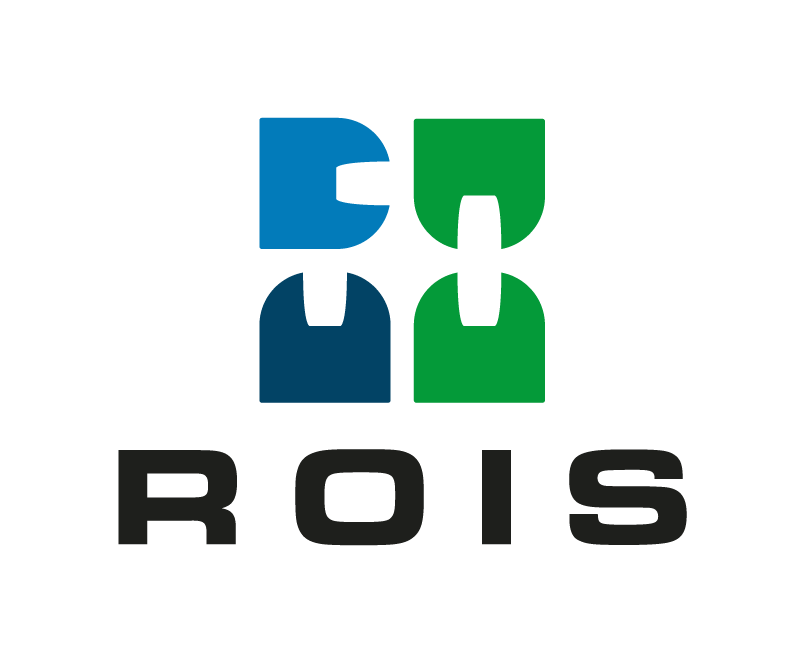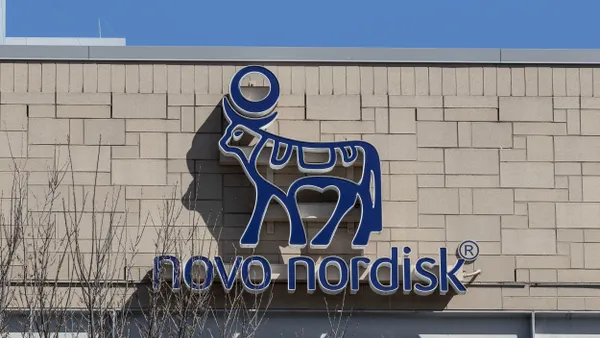Today, a brief rundown of news involving Bayer and Novartis, as well as updates from Biohaven, Biogen and the Food and Drug Administration that you may have missed.
Bayer is licensing an experimental cancer therapy from Kumquat Biosciences in a deal that could have it paying the privately held biotechnology company more than $1 billion. The drug in question targets a specific type of mutation in a gene called KRAS that's linked to pancreatic, colon and lung tumors. While Amgen and Bristol Myers Squibb sell drugs targeted to the KRAS G12C mutation, there's no available therapy yet for tumors harboring the related, but distinct, G12D mutation. Under the deal, Kumquat is responsible for completing a Phase 1a study of the drug, which just received a green light from the Food and Drug Administration to enter human testing. — Ned Pagliarulo
A day after reporting positive results in Sjögren’s syndrome, Novartis revealed that an experimental drug it acquired from MorphoSys succeeded in another Phase 3 trial. The Swiss company said Tuesday that the drug, ianalumab, met the main goal in the first of two late-stage trials focused on primary immune thrombocytopenia. The study tested ianalumab alongside a commonly used medication in patients who’d already received steroids. The combination proved better than that medication alone at extending the time before platelet counts dipped too low or a patient required other therapy. A second Phase 3 study in the first-line setting is ongoing, results from which could support approval applications in 2027. — Ben Fidler
Biohaven’s most advanced experimental drug failed in a late-stage study that was evaluating its use in obsessive compulsive disorder. The drug, troriluzole, is designed to rewire the brain by breaking down into a molecule that’s already approved in the U.S. and Europe to treat amyotrophic lateral sclerosis. Biohaven didn’t release any data, but said there was no efficacy signal detected in its study. The company has therefore decided to end the OCD program and direct those resources toward other projects. In a note to clients, TD Cowen analyst Tyler Van Buren wrote that the trial outcome is “unsurprising” given the “historical challenges” crafting clinical programs for OCD. Biohaven has already submitted troriluzole for approval for a far less common condition, spinocerebellar ataxia, and expects a verdict from the FDA later this year. — Jacob Bell
Researchers have dosed the first patient in a Phase 3 trial that’s testing an experimental genetic medicine against a rare neurological disorder. Created by Massachusetts-based biotech Stoke Therapeutics, the RNA-binding medicine is meant to increase the production of a key protein that helps brain cells communicate. That protein is deficient in people with Dravet syndrome, leading them to experience severe seizures as well as developmental delays. The late-stage study aims to enroll around 150 participants, and will primarily focus on whether Stoke’s therapy, called zorevunersen, is any better than a placebo at curbing daily seizure rates after a month of treatment. Biogen recently bought some rights to zorevunersen. In a statement, the companies claimed the drug has the potential to be the first disease-modifying treatment for Dravet syndrome. — Jacob Bell
The FDA is limiting use of the gene therapy Skysona to patients who lack an available matched stem cell donor, narrowing the brain disease treatment's approved indication after reviewing 10 blood cancer cases in people who received it in clinical testing. Developed by Bluebird bio, Skysona was approved in 2022 for the ultra-rare disease cerebral adrenoleukodystrophy. The treatment's cancer risk was known at the time, but more cases have since been reported, including some that occurred before patients saw benefit from Skysona, the FDA said in an Aug. 7 statement. Bluebird, which was this year acquired by the investment firms Carlyle and SK Capital, had initially proposed an indication that limited use to people who don't have a matched sibling donor. — Ned Pagliarulo
















